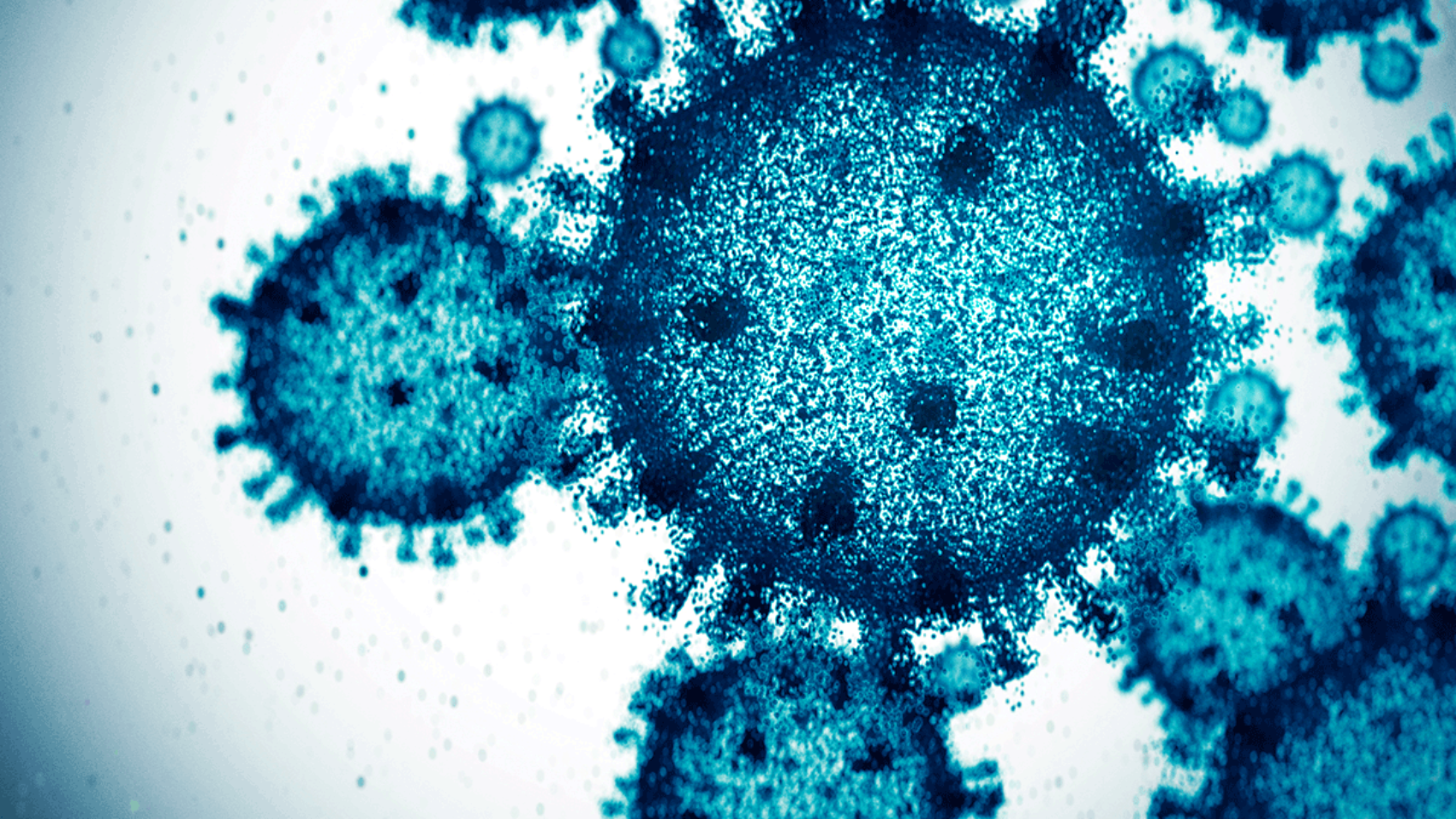The global pandemic caused by COVID-19 has challenged public health systems in unprecedented ways. From managing the virus’s spread to helping with the well-being of communities, testing has played a key role in addressing it all. Understanding why COVID-19 testing is fundamental to public health helps us better grasp its impact and significance in safeguarding communities.
Public Health Awareness
COVID-19 testing serves not only to determine one’s infection status but also to participate in a collective endeavor aimed at monitoring, controlling, and ultimately diminishing the occurrence of outbreaks. Effective testing for COVID-19 supports people in receiving confirmation and treatments more quickly. This helps to reduce exposure to other community members and encourages public health awareness. Some common symptoms of COVID to be aware of include:
- Chills
- Fever
- Cough and Shortness of Breath
- Fatigue
- Body Aches
- New Loss of Taste and Smell
- Congestion
COVID Impacts on Community Health
COVID-19 doesn’t just affect individuals. It has a broader impact on community structures and overall health. When people contract the virus, its effects can reach workplaces, schools, and social gatherings, disrupting daily life for many. Vulnerable populations, such as older adults or people with existing health conditions, face a greater risk of severe symptoms.
Testing helps communities track how widespread the virus is, offering a snapshot that informs policies, such as masking or event cancellations. This data influences decisions designed to protect not just individuals but the well-being of entire neighborhoods. Without this knowledge, tailoring responses to effectively manage outbreaks becomes challenging.
Prevents Further Spread
With widespread testing, it becomes possible to detect infections early, even in people who may not exhibit symptoms. One fundamental aspect of COVID-19 testing is its role in slowing or stopping the virus’s transmission. When someone with COVID-19 is identified through testing, they can take simple yet impactful steps like isolating from others.
This reduces the chance of unknowingly passing the virus to friends, family, or co-workers. Early detection can also guide contact tracing efforts, notifying others who may have been exposed to get tested themselves. Without robust testing efforts, asymptomatic carriers could unknowingly spread the virus, compromising efforts to protect high-risk populations and disrupting the delicate balance that public health measures strive to maintain.
Timely Treatment
Testing has a central role in helping people receive prompt treatment because the sooner someone knows they have COVID-19, the faster they can access timely care to manage their symptoms or seek medical attention. Accessing care in a timely manner often begins with testing. If an individual tests positive, they can consult their healthcare provider to determine the best course of action.
Confirm and Get Treatment
For mild cases, treatment may involve managing symptoms at home with rest and hydration. For more serious cases, testing can help get patients referred to hospitals or treatment facilities where they can receive appropriate levels of care. Even beyond treatment, knowing one’s COVID-19 status empowers people to take action to protect others, whether it’s informing close contacts, staying home, or following updated public health guidelines. Without testing, these steps would often be delayed, resulting in greater risk to individual and community health.
Learn More About COVID-19 Testing Today
By increasing awareness, identifying infections, and enabling quick interventions, COVID-19 testing allows us to protect one another and move closer to recovery. Testing remains a key tool in managing the virus and reducing its impact on public health. Take the initiative and learn more about COVID-19 testing options locally. Whether you’re experiencing symptoms, were recently exposed, or want to stay informed for your household’s well-being, testing is readily available to help keep you and your community safe. Contact a medical provider today to learn more.

